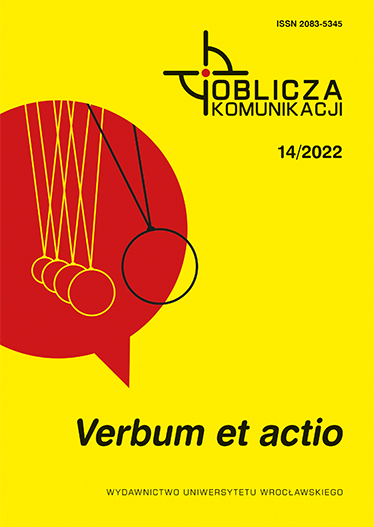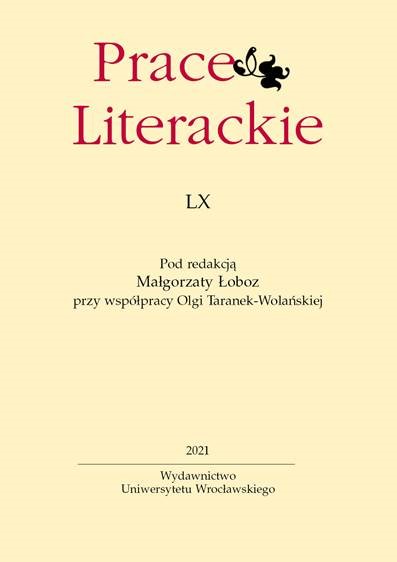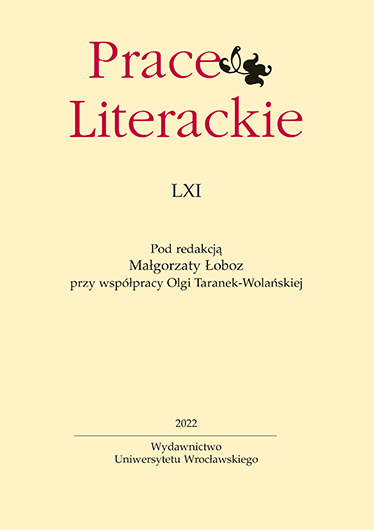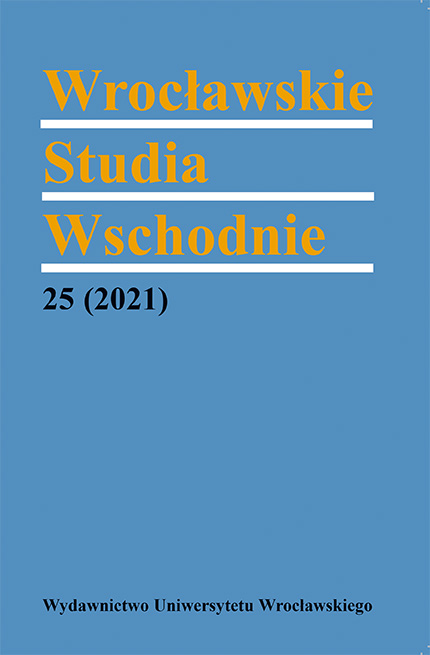Author(s): Łukasz Piaskowski / Language(s): Polish
Issue: 1/2021
Pejzaż myśli. Warszawa Chopina i początek polskiej nowoczesności [A landscape of thoughts: Chopin’s Warsaw and the beginning of Polish modernity] by Michał Kuziak is a book combining the values of a scholarly work and a work whose main task is to popularise knowledge both about Frédéric Chopin himself and about the world that surrounded him and that shaped him. The dissertation is not only the context for the composer’s life; it is also part of a broader stream of research on the beginnings of Polish modernity. The book is therefore about Warsaw understood not only as the place where young Frédéric grew up, but also as the area where the foundations of Polish modernity were laid. Chopin functioned in a kind of intellectual melting pot within which there was a conflict between tradition and modernity, between progress and conservatism. The author precisely delineates the chronological framework within which he moves. These are the years 1810–1830, that is, the first 20 years of the composer’s life. However, the book does not only focus on the person of Chopin, so it is not “Chopin-centric.” The work consists of three parts, each of them marked with a significant title: 1. “City and people”; 2. “Institutions and people”; 3. “Thoughts and people.” This arrangement is a good example of the author’s main idea: to show Chopin among people, and also people within the city, municipal institutions and the thoughts that developed there. For the author of the book, Warsaw was a crucible and a cosmos of thoughts: on the one hand, there is a constant offensive of scientifi c and technical thought related to the Enlightenment tradition, and on the other, the birth of the world of spirit and religion. Polish modernity is an eclectic mixture in which there are still remnants of the noble world, but the foundations of the bourgeois world are also being laid. Kuziak, drawing an image of Warsaw at that time, emphasises the importance of key cultural institutions, such as literary salons and cafés. For Chopin, cafés, where he met with representatives of the contemporary world of literature and poetry, were of particular importance. Warsaw’s intellectual climate, inspired by the French Enlightenment, was giving way more and more to the influences of German culture associated with Romanticism. Kuziak writes that the modernity of the Romantic type was shaped by German culture. He regards the considerations of Kazimierz Brodziński and Maurycy Mochnacki as the two largest projects of modern Polish identity. Importantly, both of these authors were closely associated with the Polish musical culture which the young Chopin absorbed. The author of the book makes a reservation that it is difficult to conclusively confi rm what influence the institutional and intellectual shape of Warsaw at that time had on Chopin. He states with certainty that Chopin’s trips outside the city, and thus getting to know Masovian folklore, had a decisive impact on his imagination. The book does not, however, determine how the then Warsaw shaped the composer’s later life. The author brilliantly reconstructed the background on which Chopin’s shadow moved, but he chose not to answer the most important question: did the city, people, institutions and intellectual climate ultimately form the composer’s modern world view? This question remains open.
More...


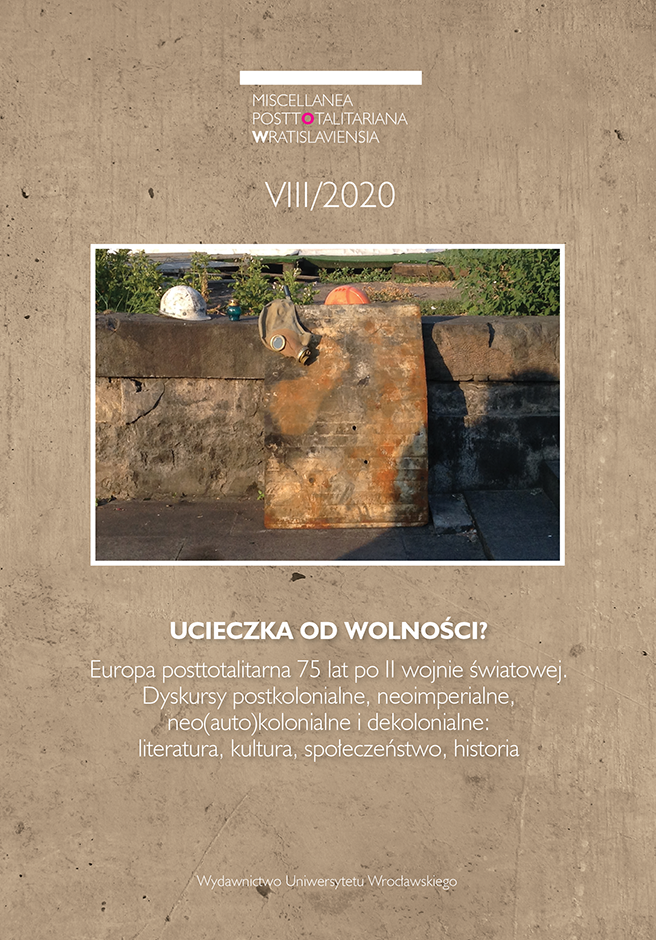
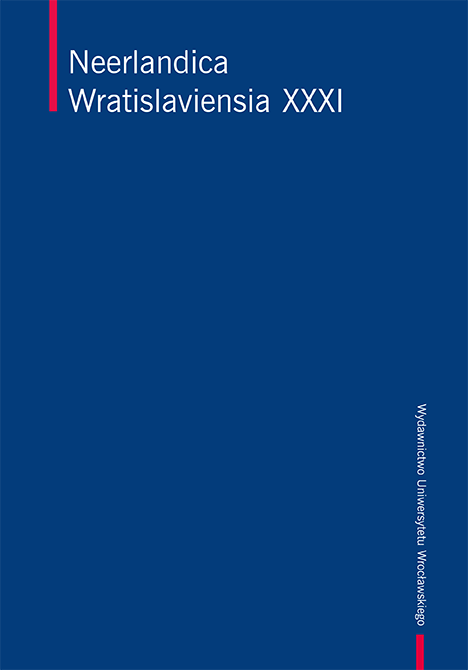

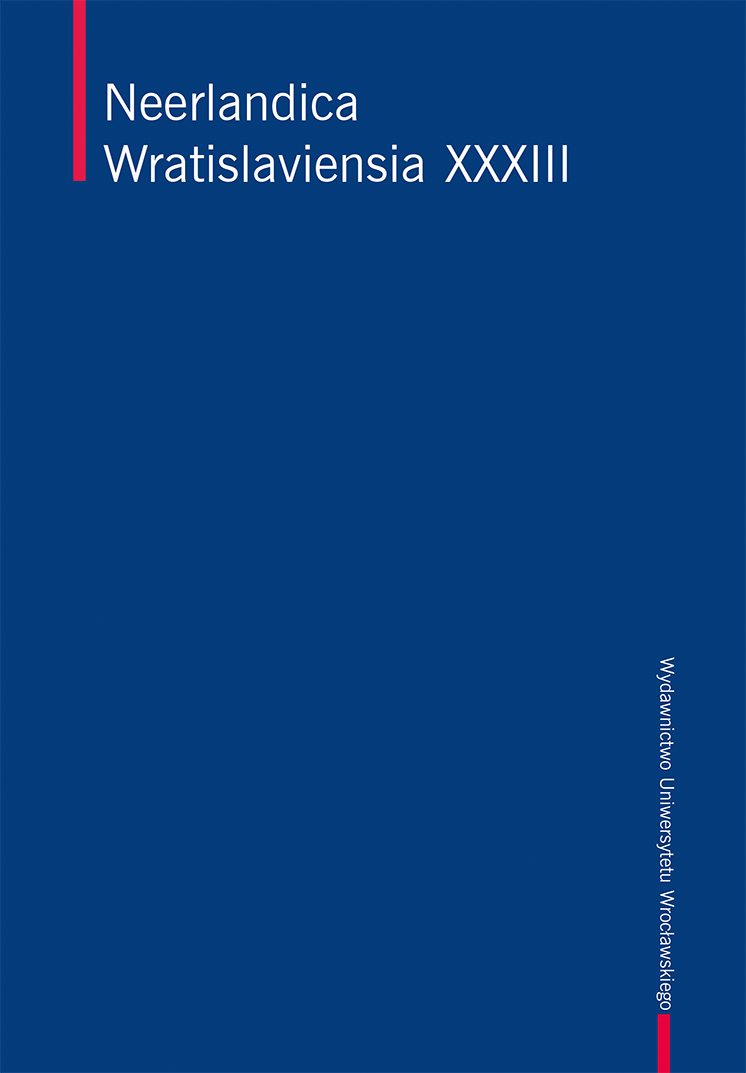
![AGNIESZKA MAŁOCHA, Uniwersytet Wrocławski [rec.], Jolanta Szpyra-Kozłow-ska, „Nianiek”, „ministra” i „japonki”. Eseje o języku i płci, Universitas, Kraków 2021, ss. 495.](/api/image/getissuecoverimage?id=picture_2021_76997.jpg)
